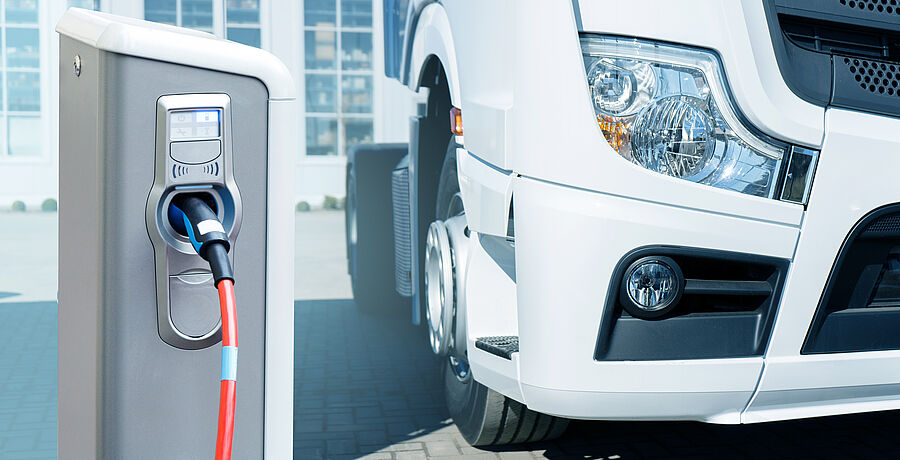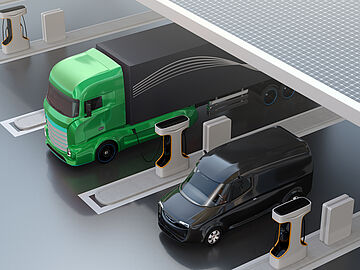Megawatt Charging System: Innovative Technology for Electric Heavy-Duty Vehicles
Megawatt charging systems are a new technology designed for high-power charging of heavy-duty vehicles such as trucks, buses, and large commercial electric vehicles. These systems aim to drastically reduce charging times, enabling the operation of electric long-haul vehicles by delivering extremely high charging power of up to 3.75 megawatts (MW).
Key Features of a Megawatt Charging System:
- High Charging Power:
The Megawatt Charging System provides charging power ranging from 0.5 MW to 3.75 MW, making it significantly more powerful than existing fast-charging systems (e.g., DC fast charging), which typically deliver power levels between 150 and 350 kilowatts (kW). This high power is essential for rapidly charging the batteries of large vehicles within very short timeframes. - Specialized Charging Connector:
The system uses a specialized charging connector designed to handle the high electrical currents and voltages required. This connector is more robust and larger than standard connectors for passenger vehicles, as it is built to support higher charging capacities. - Applications:
The Megawatt Charging System is primarily designed for use in logistics, freight transport, and long-distance bus and truck routes. It enables fast recharging at dedicated charging points, making electric heavy-duty vehicles viable for long-haul operations. - Standardization:
The Megawatt Charging System is being developed by the CharIN Initiative (Charging Interface Initiative e. V., https://www.charin.global/), which also supports the standardization of the Combined Charging System (CCS) widely used for electric cars today. This standardization aims to facilitate broad market adoption and ensure interoperability between different vehicle manufacturers and charging infrastructure providers. - Future Prospects:
Although still under development, initial pilot projects are expected in the coming years. The system will play a critical role in the electrification of long-haul trucks and other heavy-duty vehicles, addressing current limitations related to range and charging time for electric systems.
Advantages of a Megawatt Charging System:
- Reduced Charging Times: Thanks to its extremely high charging power, even large vehicle batteries can be charged in a short time.
- Enabling Long-Distance Electromobility: The system allows electric vehicles to be efficiently utilized on long-haul routes.
- Sustainability in the Transport Sector: Electrifying heavy-duty vehicles contributes to reducing CO2 emissions and achieving climate goals.
AIT-project Medusa
The AIT Project Medusa (Megawatt Charging for Sustainable Transport and Logistics) is a pioneering research initiative focused on the development and implementation of high-power charging systems for electric commercial vehicles. The project centers on integrating the Megawatt Charging System (MCS) into existing charging infrastructure to enable the sustainable electrification of heavy-duty transport and freight logistics.
Background and Objectives of the Medusa Project
The growing demand for environmentally friendly transport solutions, particularly in freight and heavy-duty sectors, requires innovative technological approaches. Electrifying large commercial vehicles presents unique challenges due to their high range requirements and substantial battery capacities, necessitating highly efficient charging systems. The Medusa Project, initiated by the Austrian Institute of Technology (AIT), directly addresses these challenges.




